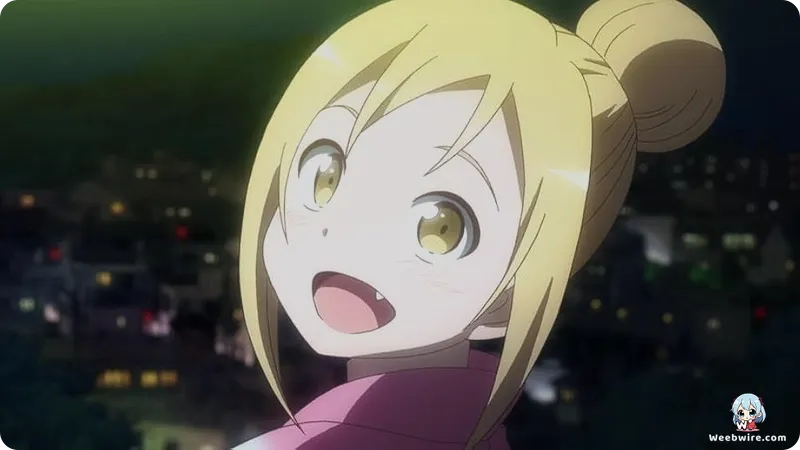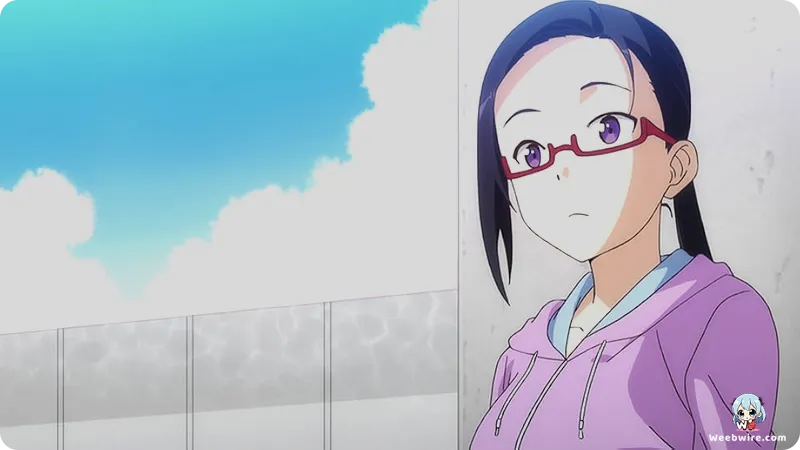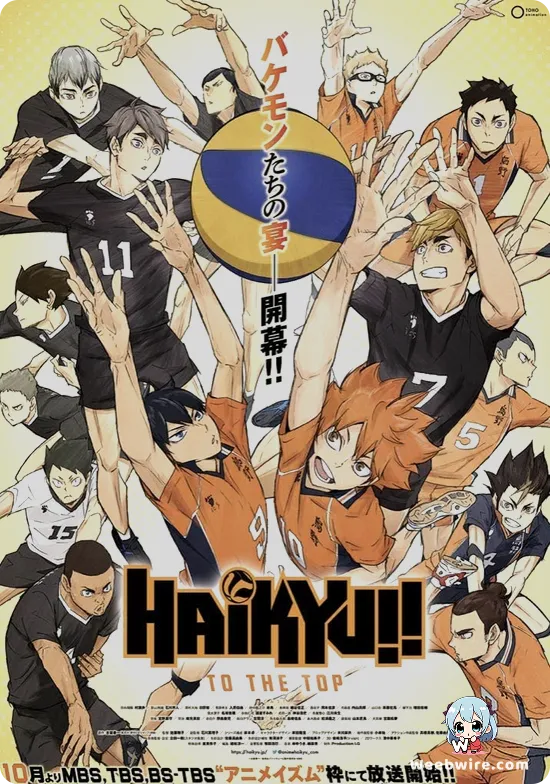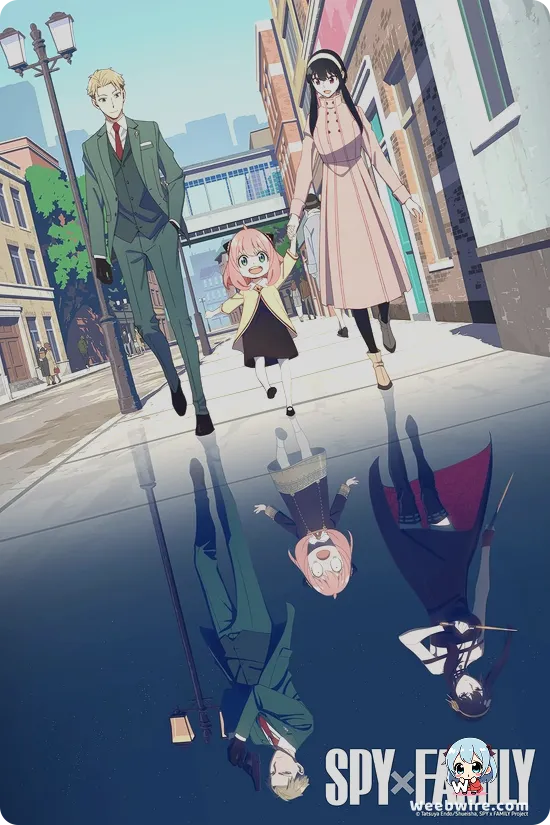Unveiling the Whimsical Charm: Why 'Interviews with Monster Girls' Redefines Slice-of-Life Anime

Diving far beyond typical fantasy tropes and embracing a refreshing perspective, Interviews with Monster Girls: The Demi-chans' Summer Break, known in Japan as Demi-chan wa Kataritai, stands as a truly unique and heartwarming entry within the beloved slice-of-life anime genre. Released in June 2017 by the esteemed A-1 Pictures, this delightful series, a faithful adaptation of Petosu's acclaimed manga, captivates audiences not through dramatic conflicts or intense romantic entanglements, but with an invigorating blend of genuine curiosity and surprisingly grounded scientific inquiry. It masterfully invites viewers into a world where mythical beings, affectionately termed 'demi-humans' or 'demi-chans', seamlessly integrate into modern society, attending school, holding jobs, and navigating the everyday challenges of contemporary life alongside their human counterparts. This premise alone sets it apart, offering a nuanced look at coexistence.
At the very heart of the show's distinctive charm lies its ingenious narrative approach, meticulously championed by original manga author Petosu. The entire story unfolds primarily through the empathetic and observant eyes of Tetsuo Takahashi, a dedicated high school biology teacher whose profound fascination with demi-humans is rooted in pure scientific observation rather than sensationalism, fear, or exploitation. Unlike conventional fantasy narratives that often exoticize, demonize, or even romanticize such beings, Tetsuo approaches their unique physiologies as fascinating biological phenomena, worthy of study and understanding. This scholarly and compassionate lens allows for insightful, often humorous, and always respectful explorations into how a vampire, a dullahan, a succubus, or a snow woman would realistically function and adapt within contemporary society. Petosu's meticulous attention to detail in designing each demi's 'condition' and its practical implications transforms what could be mere fantastical elements into relatable, and frequently comedic, daily struggles, making the extraordinary feel remarkably ordinary.
The series truly excels in subverting expectations, particularly through its memorable and diverse cast of characters, each designed to challenge preconceived notions. Hikari Takanashi, the vibrant and perpetually cheerful vampire, defies centuries of folklore by being a garlic-immune student whose vampirism is simply a matter of acquiring blood packs from the school nurse, much like a student needing an iron supplement. Her playful antics and boundless energy highlight a surprisingly normal and endearing existence for a creature of the night. Similarly, Kyoko Machi, the kind-hearted dullahan who carries her own head, presents both comedic and profoundly heartwarming scenarios. The anime brilliantly addresses the practicalities of her condition, from how she eats to how she sleeps, with A-1 Pictures' fluid animation making her unique movements feel natural and subtly realistic, adding to her charm.

Sakie Satou, the succubus, is perhaps the most striking subversion of all; far from a seductive femme fatale, she is painfully shy and deeply introverted. Her unconscious aura of infatuation, which affects those around her, leads to constant, awkward social misunderstandings and a desire to simply be left alone. Her struggles to live a quiet, unassuming life despite her inherent power provide a rich source of gentle humor, with the show deliberately avoiding overt fanservice to maintain its wholesome and respectful tone. Yuki Kusakabe, the snow woman, deals with her perpetually cold body, leading to relatable, quiet challenges like her extreme sensitivity to heat and her need for air conditioning even in winter. These subtle details add a poignant realism and depth to her character, making her struggles feel genuinely human.
Beyond the individual demi-chans, Tetsuo Takahashi's calm, empathetic, and profoundly kind approach serves as the series' unwavering emotional and intellectual anchor. His detailed, almost lecture-like explanations of their biological quirks are delivered with an earnestness that is both endearing and unexpectedly educational, providing a unique layer to the comedy. A-1 Pictures' animation further elevates the series, bringing Petosu's charming and expressive character designs to life with clean lines, vibrant colors, and fluid motion. Their animation team expertly translates the manga's unique visual gags and nuanced expressions, ensuring that every subtle reaction and movement contributes to the overall charm. The studio's versatility, evident across their diverse productions, truly shines in their ability to balance the delicate humor with the underlying profound themes of acceptance, understanding, and individuality present in Demi-chan wa Kataritai.
Ultimately, Interviews with Monster Girls transcends being a mere quirky supernatural comedy. It is a thoughtful and deeply resonant exploration of individuality, the subtle forms of prejudice, and the profound beauty found in understanding and embracing differences. By treating its unique characters not as anomalies to be feared or exploited, but as complex individuals with distinct needs, challenges, and dreams, the series fosters a powerful sense of empathy and encourages viewers to look beyond superficial appearances. It delivers a delightful, often surprising, and consistently heartwarming viewing experience that challenges conventional storytelling within the slice-of-life genre, leaving a lasting impression of warmth and acceptance.
Credits
Interviews with Monster Girls: The Demi-chans' Summer Break
Author
Petosu
Cover Art
Petosu
Studio
A-1 Pictures
Publisher
Kodansha
Producers





